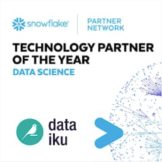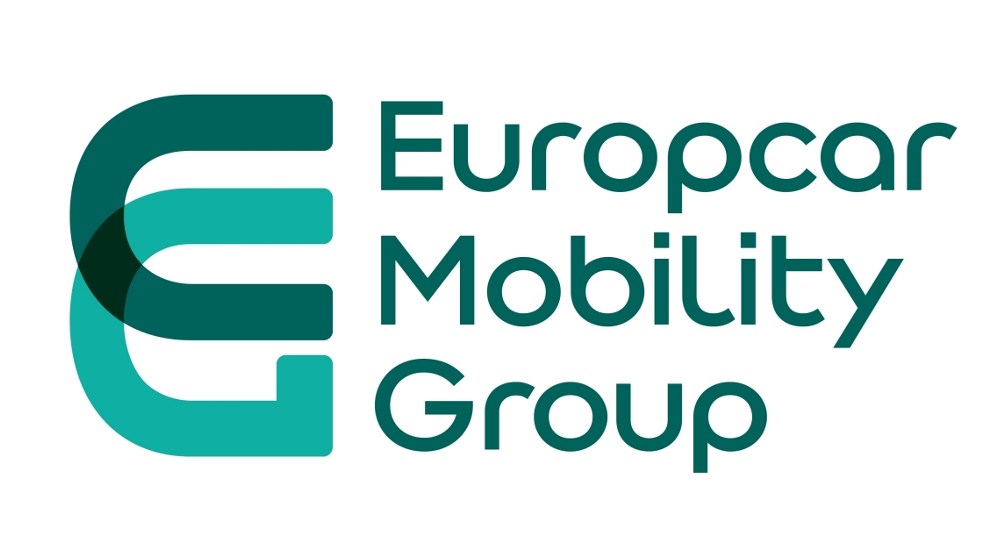Challenges
We spoke with Guillaume Giard, Airline Market Manager of Europcar international, to better understand how the company has been able to use machine learning and advanced data strategies for better forecasting, pricing, and field/capacity management.
It’s worth noting that the business is already growing in all sectors (from cars to new mobility), because of an existing combination of initiatives to digitalize, reduce costs, and innovate to scale up. However, Europcar Mobility Group was facing specific challenges regarding car rentals at airports and the ability to accurately predict fluctuations in demand based on changes in the market; for example, the International Air Transport Association — IATA — predicts that routes to, from and within Asia-Pacific will see an extra 2.35 billion annual passengers by 2037.
Our group sees more than 50 percent of its turnover of rental cars at airports, so you can see how getting predictions about how many cars need to be where at what time of the day, month, and year is critically important for the larger business.
– Guillaume Giard, Airline Market Manager | Europcar International
In order to start tackling the problem, Europcar wanted to build an application using data from different sources (both public and private), including fleet traffic and passenger volume, reservation and billing data, data on opening of new airline routes, and more. This presented another challenge, as the data comes from different places and is in different formats, but is also massive in volume.
Teamwork and Solution
Given these challenges, executives at Europcar Mobility Group assembled a dedicated team composed of different experts throughout the business, including analysts, IT, and the head of forecasting. The group was tasked with collaborating to build a solution that allows the company to make better decisions regarding the purchase and movement of vehicles between airport hubs.





